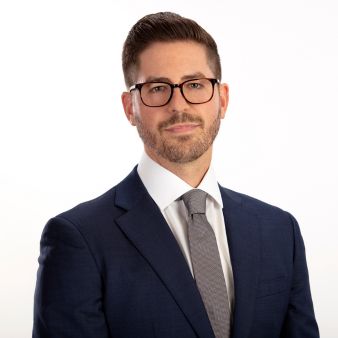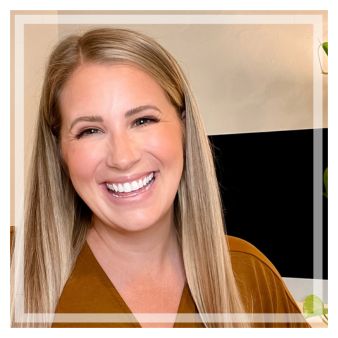
Eating Disorder Counselor
Kevin Fleming, Ph.D.
Coach/Change Agent/Consultant
Hillsborough, California 94010 | 1-877-606-6161
While most eating disorder issues are treated by cognitive behavioral methodologies or specialized outpatient/inpatient programs, Grey Matters International and the work of Kevin J. Fleming, PhD provide relief first and foremost for the brain of one suffering from an eating disorder----without giving them medication. We believe that the neural circuitries responsible for the compulsive behaviors with eating are not necessarily only a neurotransmitter issue but of overused neural networks that affect the harmonization, balance, and decisions of the whole brain. Contact kevin@kevinfleminphd.com or 877-606-6161 to learn more about this safe and effective alternative.

Eating Disorder Counselor
Philip Starkman, MSW, RSW
Registered Psychotherapist
Available for Online Therapy
Eating disorders benefit from the same or similar approach used for all addictive behaviours. One of the main therapeutic approaches I use is Mindfulness Based Cognitive Therapy. The relationship to food can be quite complex involving societal or cultural pressures, self-image, past traumas, addictive non-nutritious junk food, media images, social media pressures, bullying. Shame and guilt need to be addressed along with peer pressures. The most common eating disorders are: Anorexia, Bulimia, Binge Eating, Pica, Rumination Disorder, Avoidance/Restrictive Food Intake Disorder (ARFID), Orthorexia, Purging Disorder etc. The benefits of therapy are enhanced self-image, health and well-being.

Eating Disorder Counselor
Ross L. Kellogg, LMFT
Licensed Individual, Marriage, and Family Therapist
Available for Online Therapy
My approach to eating disorder therapy emphasizes a holistic understanding of the individual in the context of relationships, phase of life, and physical health. By integrating various therapeutic techniques tailored to the unique needs of each client, I aim to uncover the underlying emotional factors contributing to the eating dysregulation. Clients benefit from this personalized approach as it not only addresses the symptoms but also fosters resilience, self-awareness, and healing in a supportive environment. My approach encourages a sustainable recovery by empowering you to develop healthier relationships with food and yourself, promoting overall well-being.

Eating Disorder Counselor
Steve Rose, PhD
Addiction Counsellor
Available for Online Therapy
I help clients overcome addictive relationships with food. Like all addictions, the behavior is the tip of the iceberg, used to cope with underlying thoughts and emotions. Through collaborative conversations, clients gain insight into underlying concerns, gaining coping skills to more effectively navigate these issues. I draw on Acceptance and Commitment Therapy (ACT) and Motivational Interviewing (MI), helping clients achieve a sense of freedom and control over their lives, leading to long-term change.

Eating Disorder Counselor
Madeleine Foster, MA, AMFT, APCC
Registered Associate Professional Clinical Counselor, Registered Associate Marriage and Family Therapist
Available for Online Therapy
I help people with eating disorders overcome their concerns with feeding and eating by assisting them in developing and maturing their minds intellectually, emotionally, and psychologically. I appreciate the unique complexities involved in developing and interrupting eating disorder tendencies and recognize how early experiences impact the mind and the body. Rich insight and sustained change over time can be found by working in a psychodynamic fashion.

Eating Disorder Counselor
Christi Lindsay, PsyD
Licensed Clinical Psychologist
Available for Online Therapy
An eating disorder is not a lifestyle choice. An eating disorder is a serious and often fatal illnesses that causes serious disturbances to a person’s eating behaviors, physical health, and relationships. Obsessions with food, body weight, and shape may also signal an eating disorder. The sooner someone struggling with this illness, or displaying behaviors and attitudes consistent with these disorders, can get connected to help, the better. Common eating disorders include anorexia nervosa, bulimia nervosa, and binge-eating disorder. As with any illness or psychological disorder, these problems will not go away on their own; without clinical support they often only escalate dangerously.

